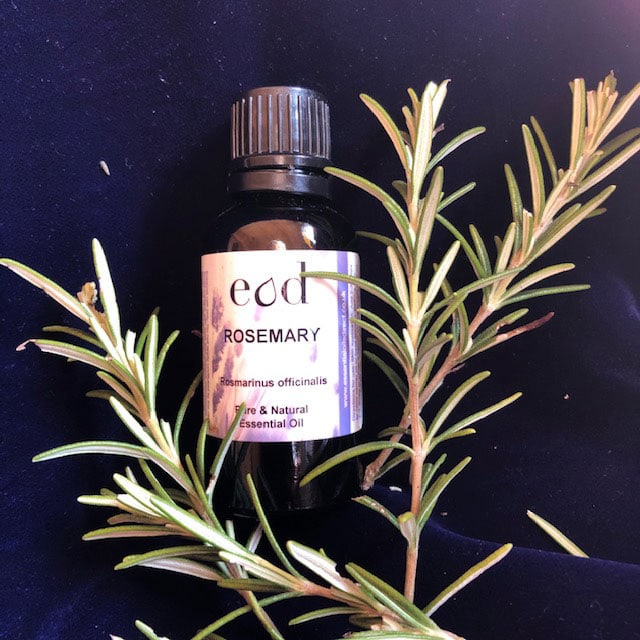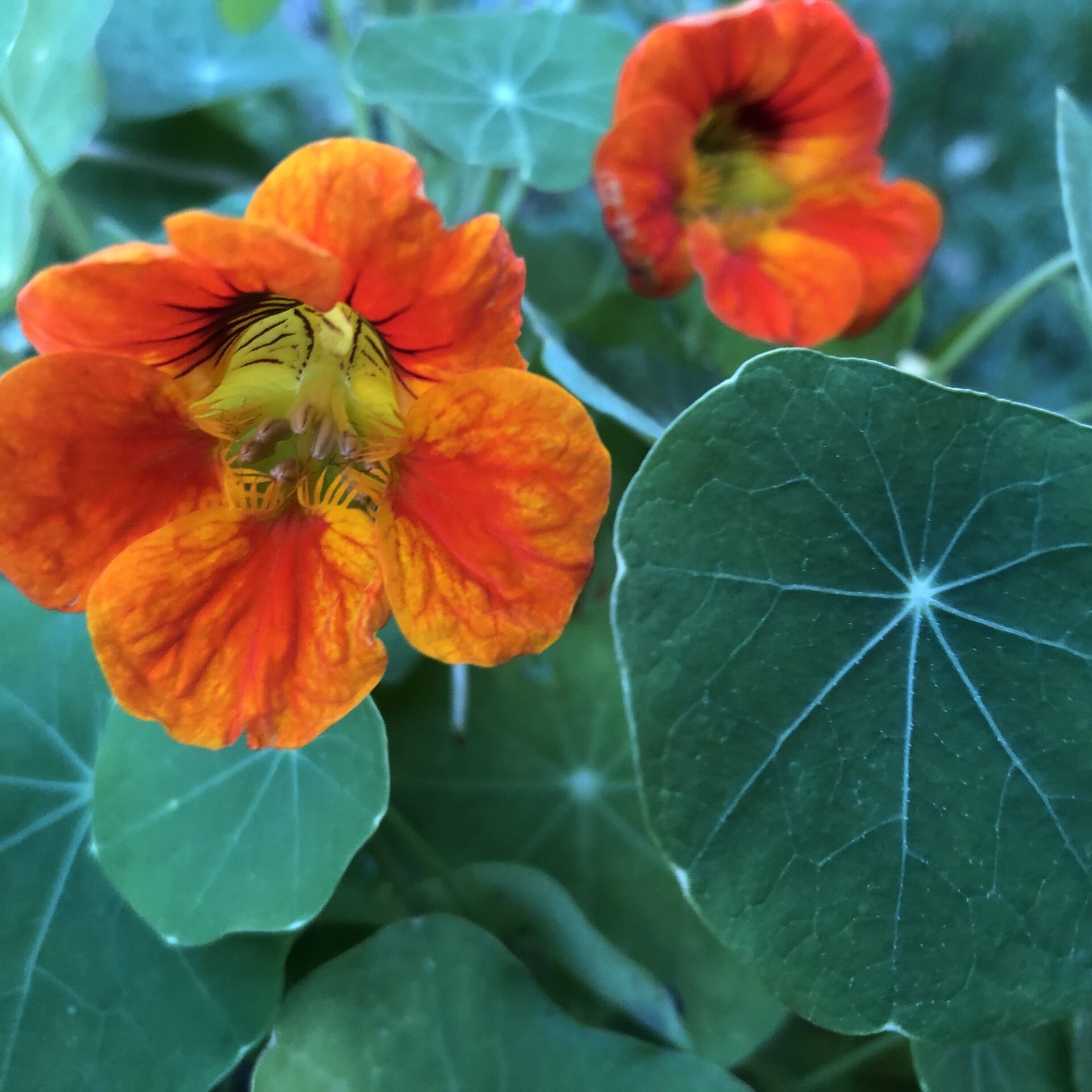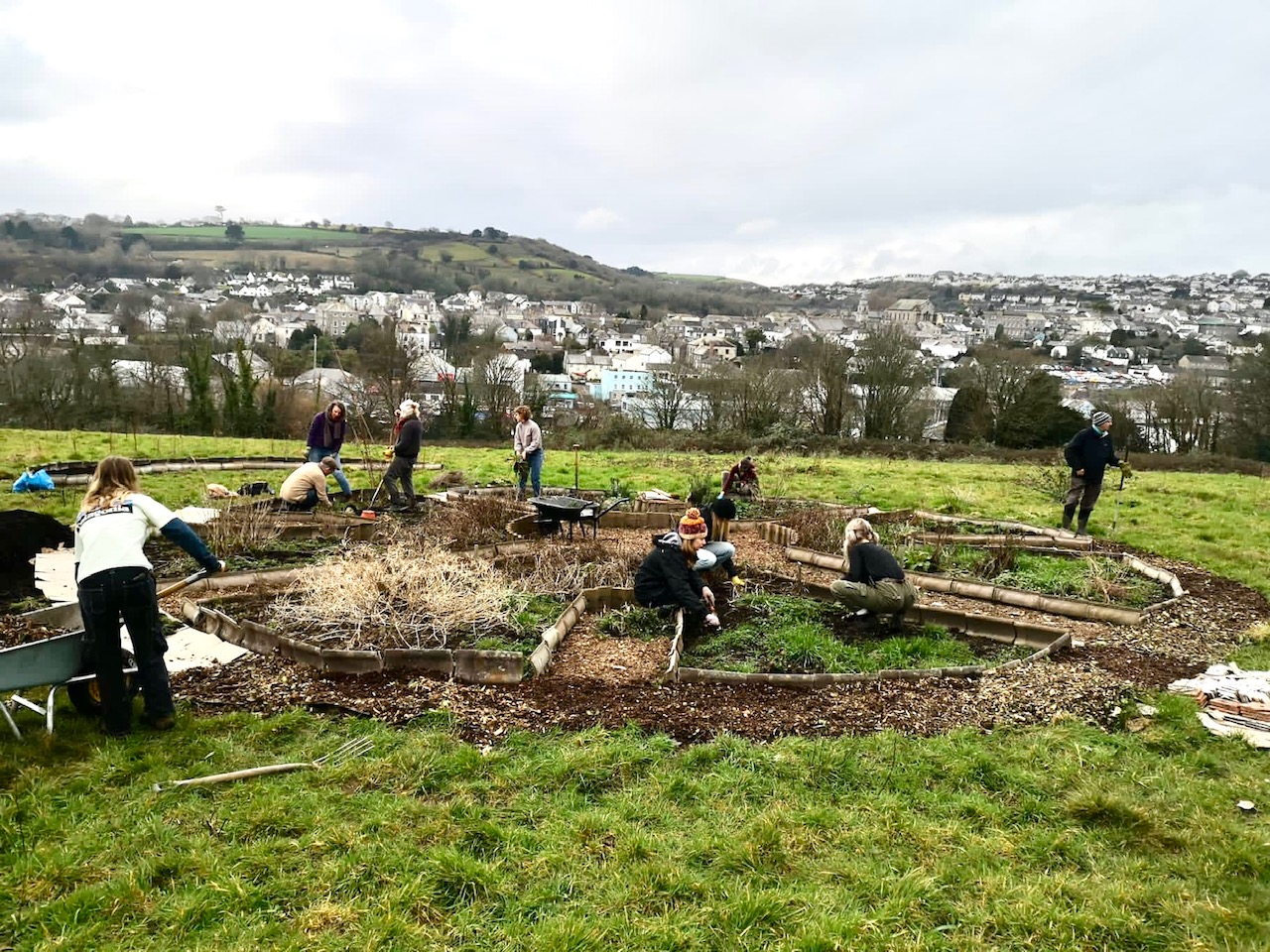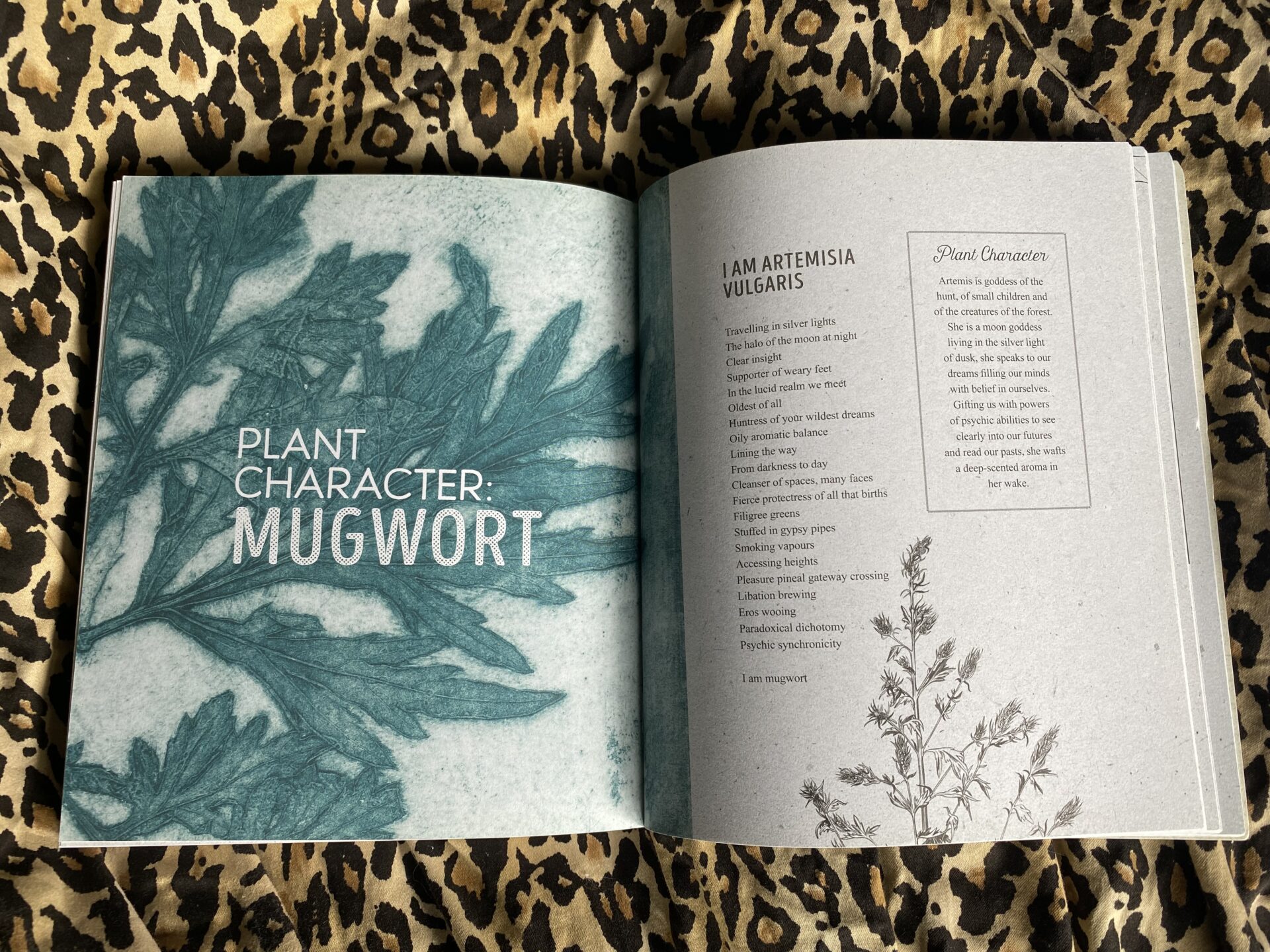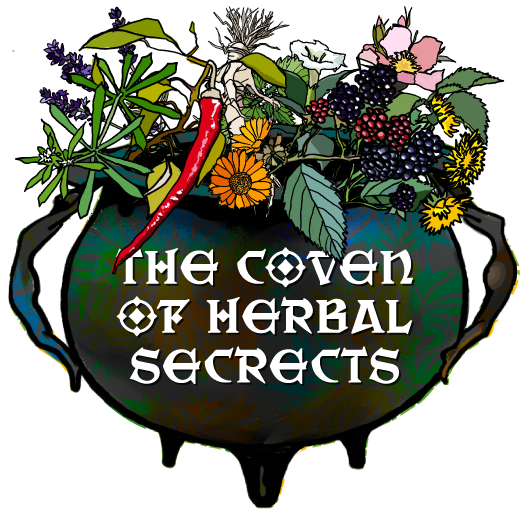
Jan Kuśmirek is a medical herbalist, clinical aromatherapist and author. He is co-founder of the Fragrant Earth Company, the UK’s leading producer of aromatic raw materials and finished goods and was marketing manager for the Soil Association.
‘Organic’ has become a very fashionable trendy word. In the food industry or supermarket it is applied to those more expensive prepacks on shelf. Organic produce is often advocated by neo liberal millennials, the middle class or the ultra-green consumers perhaps with a little more disposable income. In fashion, Organic cotton is the rage and organic toweling the creamiest and fluffiest!
The questions arising are why are organic products more expensive? Another basic question is what does organic really mean and why should anyone buy such produce? Is organic actually better than other types of product? These are valid and good questions.
Everything we are and eat begins in the soil, the earth and when we die eventually what’s left of us is an ash, a collection of minerals or dirt! Unhappy thought, but basically fact. Mineral dust or dirt is like sand. There is sand with big granules or small granules all of which is simply ground up rock. Nothing grows in a desert. To get growth or life you need two things water and nutrient only then things blossom.
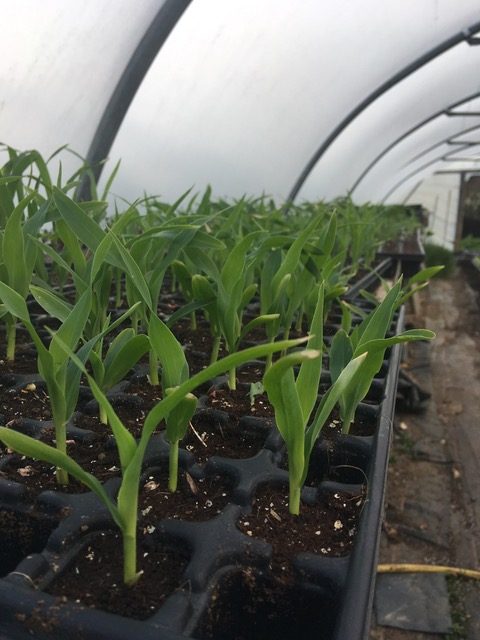
Organic growing seeks to replicate the growth or development cycle of nature in the wild. For good food the soil needs to be fertile. Producing a fertile soil is the whole basis of our eco planetary system including minerals, microbials and vegetal inputs supporting animal life.
Before man roamed the earth, the planet was over whelmed by vegetation, so much so that large deposits of coal and oil as well as gas were buried deep within the earths ground layers all made from decaying plants. The planet was like a giant compost heap. As climate changed our hunter gatherer ancestors lived from the fertile soils with good hunting from free range animals and wild harvests. As we know increasing population worked for more settled communities and against nomadic lifestyles.
Once agriculture or farming commenced with a stationary life style it was soon seen that the soil eventually lost its fertility if the same food was grown on the same land year after year. The soil yielded less and the nutritional value of food was reduced. Good food means good health and without the benefit of modern medicine food was the medicine of the people. Today in the UK the NHS is sounding the same message; our national health is not good and our diet poor! They advocate better diet as the best medicine.
Soil fertility became the goal of every farmer, gardener and orchardist, but achieving fertile soil and maintaining fertile soil takes some understanding of the soil ecosystem. Generally, in Europe, subject to cold winters, by experience, farmers and communities organised a crop rotational system. The typical planting scheme was a three-field system whereby two fields were planted and the third left fallow to regenerate. One field one year would be planted with say barley, oats, or beans whilst the second would be of vegetable, roots and leaf or rye. Each year the fields would be rotated.
The midden and waste food was recycled into what we could call compost as would the dung from animals. Common ground was used to pasture animals and the dung a valuable commodity to be added to the soil.

This form of farming remained in place for centuries. Please look at this agricultural practice not as old fashioned, but rather informed of the need to maintain good soil fertility. Today we are fully aware that a fertile soil is teeming with micro fauna and flora. Each has a role to play in decomposing, recycling the natural or organic materials which makes the soil alive, fertile or fertile. Good farming practice is about feeding the soil first!
The World Wars gave the impetus to what we could call chemical farming. The poor soils of Germany led to the idea that key mineral elements would feed plants without the need for fallow fields or fibrous or decaying materials. The new practice raised food volumes but decreased soil fertility and natural nutrient availability. Mechanisation replaced horse power and so today heavy farm machinery is compacting oil structure with resultant water run of giving more floods and destroying fertility by mineral washouts. This created an explosion in productivity as farmers could do much more work in fewer and fewer hours leading to unemployment or redistribution of labour.
New chemicals became available. Many farmers advised by governments began to choose chemicals to keep weeds and pests from limiting their crops and to add more nutrients to the soil. There are three different kinds of pesticides; herbicides, insecticides and fungicides. All three of these pesticides are used to kill different kinds of pests that can be found on a farm. Farmers that make the decision not to use any chemicals are organic farmers.
The chemicals of this brave new world are now known to be the cause of a variety of human illnesses and wildlife disasters. DDT was the cause of all manner of problems within ecology as shown in the seminal work by Rachel Carson – Silent Spring.
Present farming techniques are best called intensive farming. Intensive farming practices include growing high-yield crops, using fertilisers and pesticides and keeping animals indoors using factory methods. Many of these practices have unwelcome side effects and some raise ethical concerns. Chemical burns to crops, increased air pollution, acidification of the soil and mineral depletion of the soil are the adverse effects of chemical fertilizers. Fertilizer can destroy or increase abnormally the development of some natural weeds or micro-organisms; then it can disturb the agro-ecosystems. It can also pollute underground water by the nitrates it contains.
There are many problems to be laid at the door of agribusiness a new term that best describes the demise of the traditional farmer. We all know the problems but forget them at the supermarket checkout.

The organic price tag more closely reflects the true cost of growing food; substituting labour and intensive management for chemicals, the health and environmental costs are borne by society through our taxes rather than at the checkouts. Instead of using chemical weed-killers, organic farmers conduct sophisticated crop rotations to keep their soil healthy and prevent weed growth. After harvesting a crop, an organic farmer may use that area to grow “cover crops,” which add nitrogen to the soil to benefit succeeding crops.
Organic buyers mostly want their product certified as organic. In addition to the usual farming operations, farm facilities and production methods must comply with certain standards, which may require the modification of facilities. Employees must be hired to maintain strict daily record-keeping that must be available for inspection at any time. And organic farms must pay an annual inspection/certification fee to such organisations as the Soil Association to use an organic quality stamp.
Intensive farming produces many bio hazards so synthetic pesticides repel insects and antibiotics maintain the health of the livestock. Since organic farmers don’t use these, their losses are higher, which costs the farmer more and increases the cost to the consumer. Additionally, without all the chemical preservatives added to conventional foods to give them a long shelf life (did you realise that?), organic foods face a shorter storage time and shelf life.
A way to cut cost is to get most of your organic food from farmers markets. You’ll be supporting local farmers and purchasing the food at a reduced price since you’re cutting out the middle-man retailer. You also reduce ‘food miles’ which are a cost to the environment i.e. adding to the petrochemical and carbon cots of transport. However, we are mostly supermarket oriented!
There are many reasons why the more nutritious organic food is more costly. Are their more health benefits to organic food and even cosmetics and toiletries? Undoubtedly so and clearly organic produce is better for the environment and animal welfare.
It used to be said that in human health organic food made no difference. No longer! The results of a huge new meta-analysis published in the British Journal of Nutrition adds to the evidence that organic production can boost key nutrients in foods. The study finds that organic dairy and meat contain about 50 percent more omega-3 fatty acids. The increase is the result of animals foraging on grasses rich in omega-3s, which then end up in dairy and meats. The findings are based on data pooled from more than 200 studies, and research in the U.S. has pointed to similar benefits.
In a recent six-year study in the Journal of Agricultural and Food Chemistry, researchers found that organic onions had about a 20% higher antioxidant content than conventionally grown onions. And here is a study that weight conscious people will enjoy! Fat burning compounds are 12% higher in organic food than conventional crops. Because of this, researchers at Newcastle University say that organic food could make you live longer thanks to the “weight loss, or lack of weight gain” which corresponds to eating organically. According to the Soil Association: “A switch to consuming organic crops would allow a 20-40% increase in antioxidant consumption” (that’s equivalent to one to two of your five-a-day). Plus, the benefits come without more calories in, bonus!
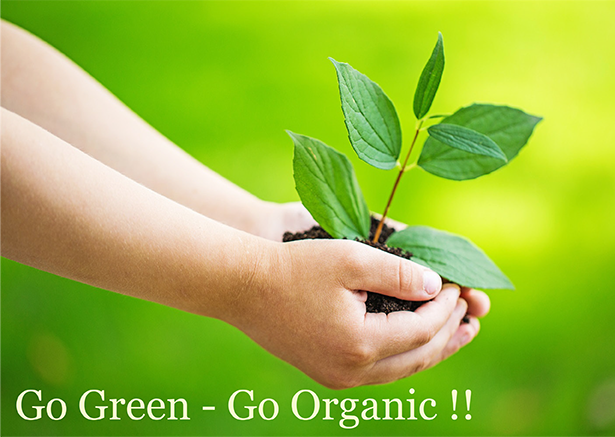
If you want to go organic here is a good tip start with a few key crops – organic apples for instance. It is said non-organic apples have more pesticide residue than any other fruit or veg. The Environmental Working Group found that pesticides were found on 98% of 700 washed apples. Next always go for organic milk. Drinking organic milk means you don’t risk drinking pesticide residue or get overdosed on antibiotics! One of these is the pesticide lindane, which has been linked to breast cancer. And the third ‘starter’ would be organic wholemeal bread. Tests by the Ministry of Agriculture Fisheries and Food (MAFF) last year found 44 per cent of all bread samples contained pesticide residues.
A good organic equation is the following: soil+humus=health. Humus, that mysterious substance from the compost heap between decay and life; a microcosm that drives the ideas and philosophy of vitality and fertility. Anyone seriously interested in well being from food to personal acre products should give due weight to the arguments for buying organic for wellbeing of self and planet.

